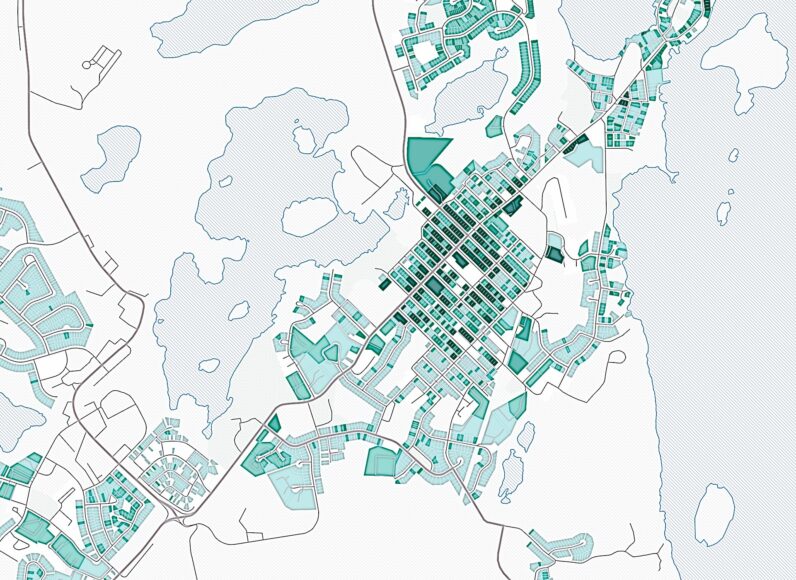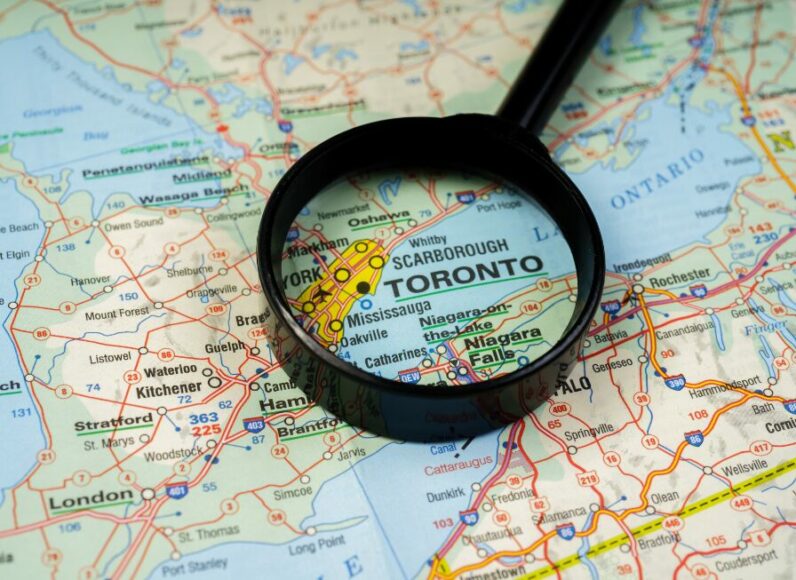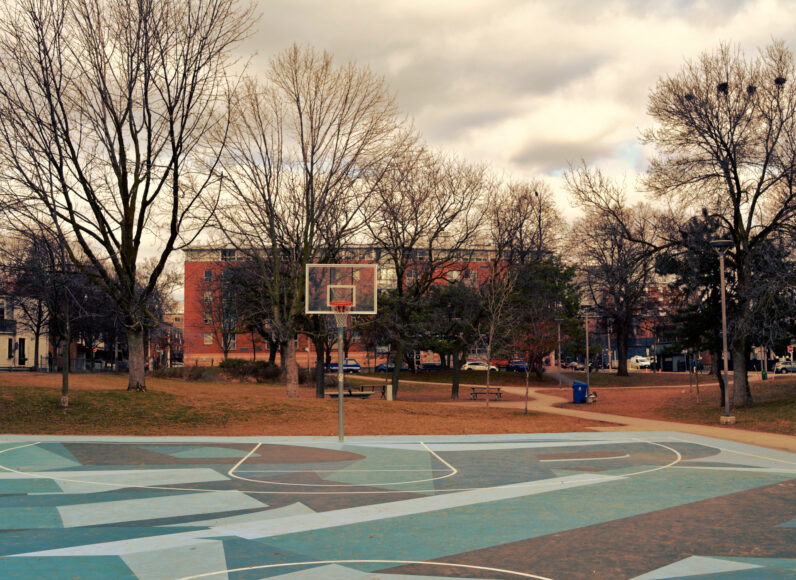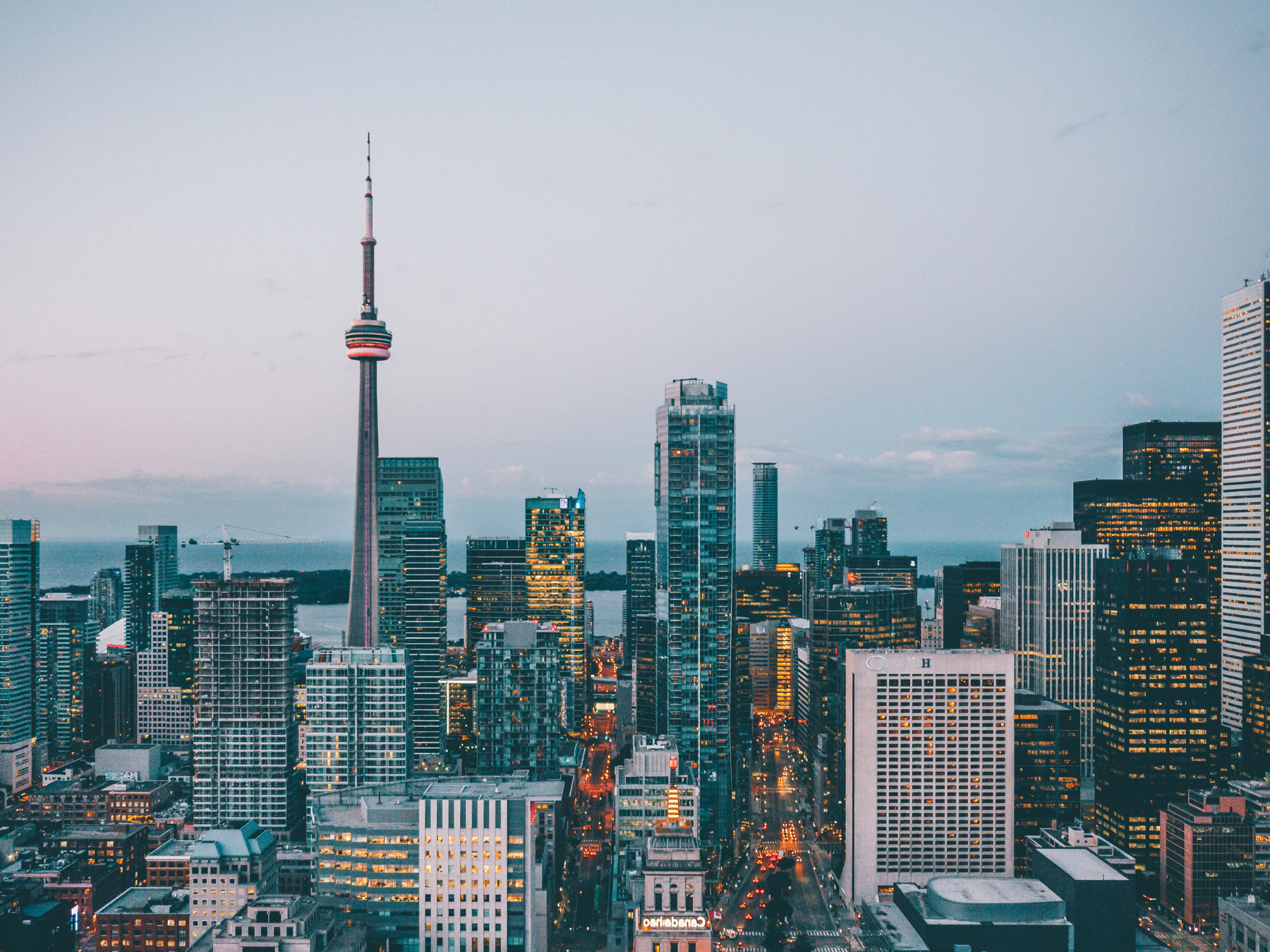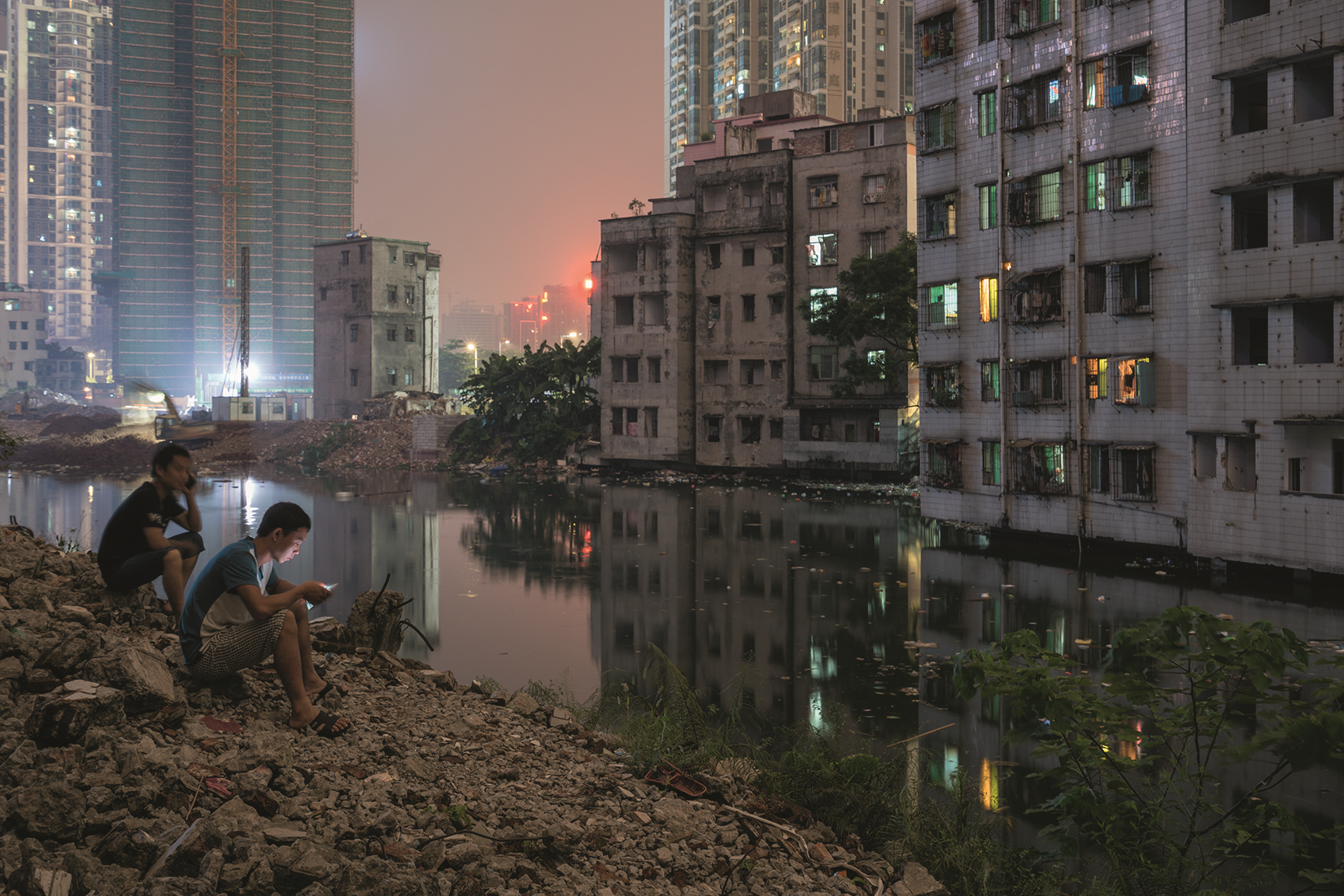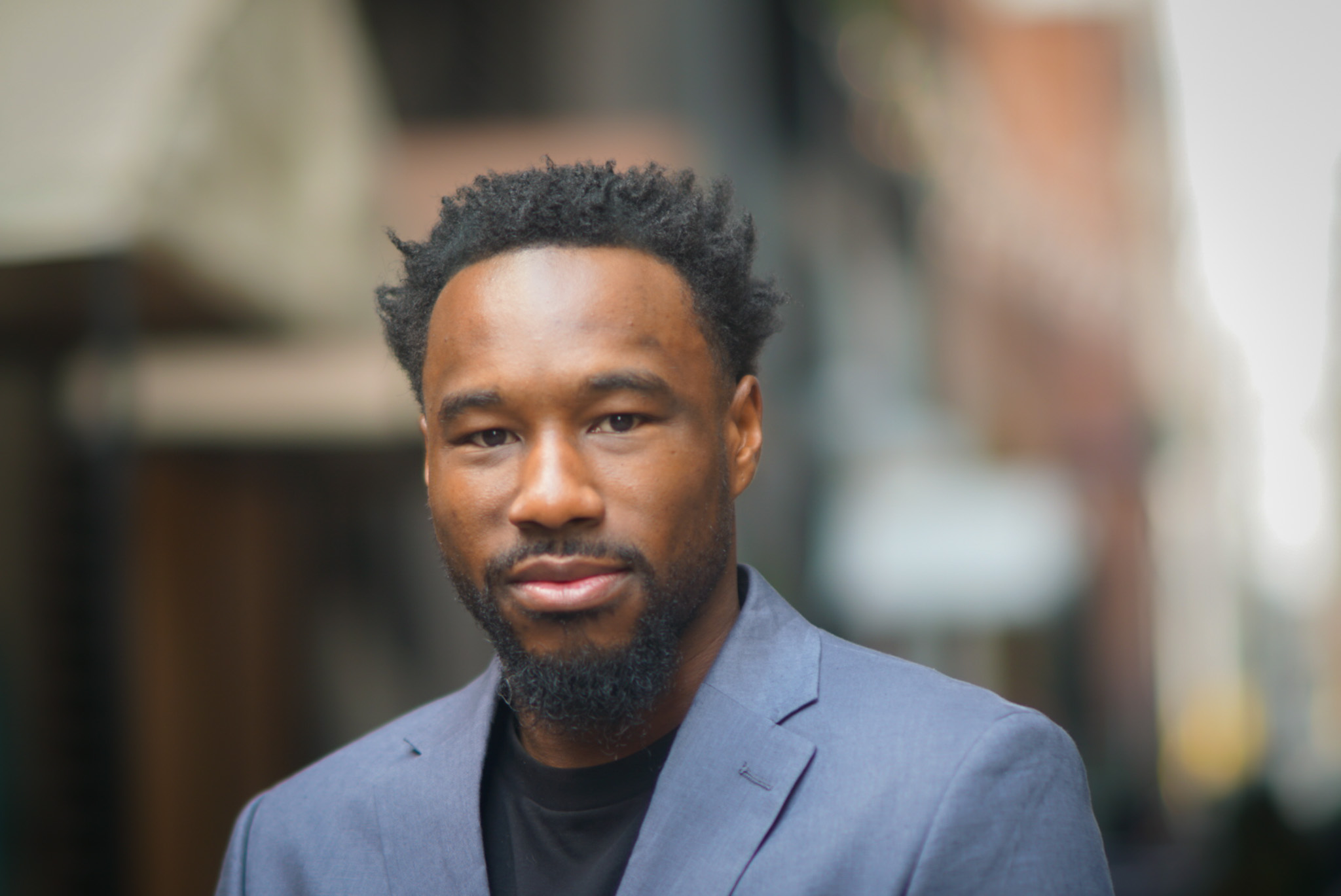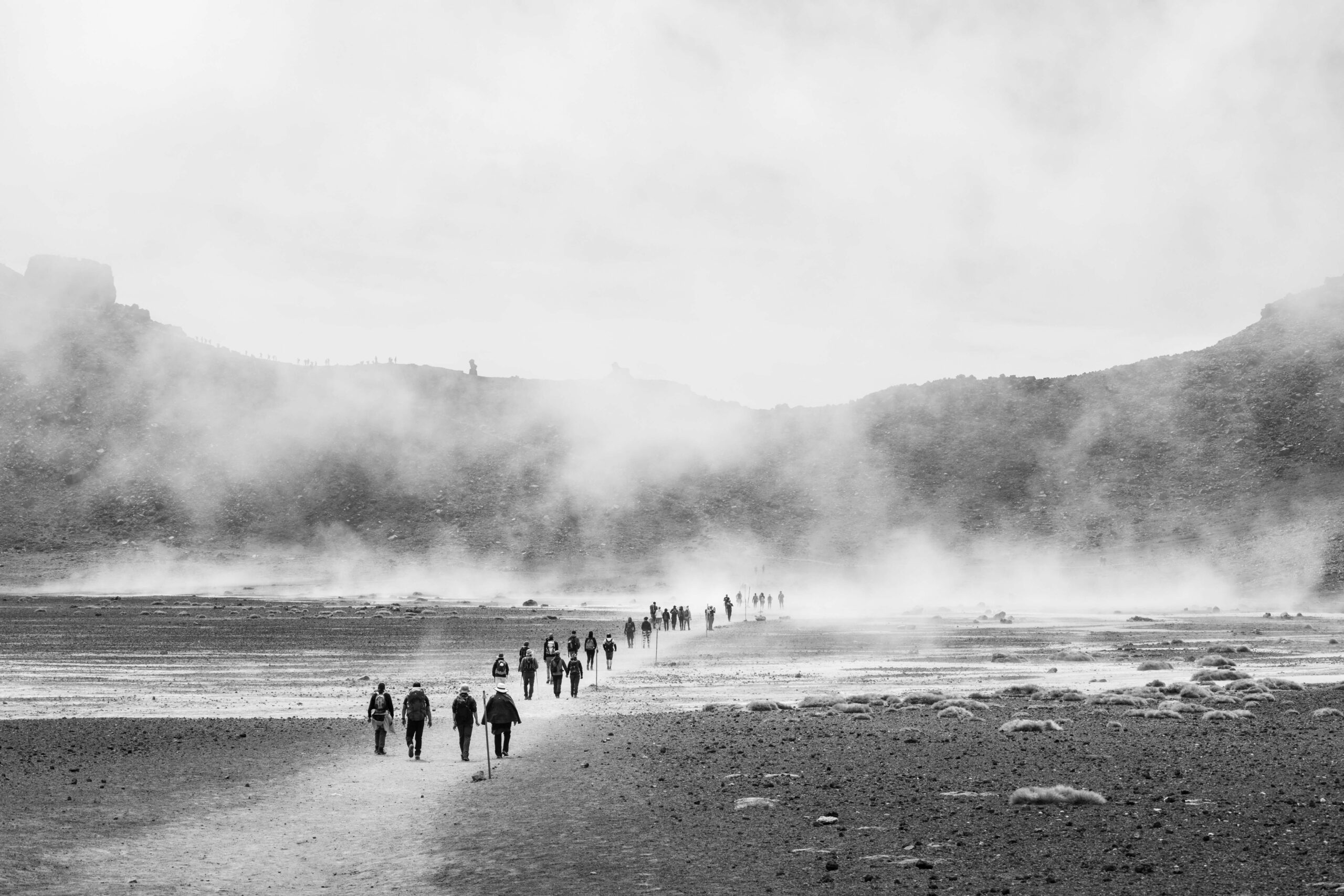The City Beats Blog invites experts affiliated with the School of Cities to publish essays, responses and reflections in a variety of formats and at any stage in the development of new ideas or research.
Mapping Yellowknife
Five maps of Yellowknife, NT, Canada visualizing household GHG emissions, fiscal productivity, and access to green space
How Toronto’s downtowns stack up globally
Toronto’s downtown has come back from its lowest economic indicator during the pandemic but remains some 30 percent below where it was in 2019. To get a better sense of how Toronto’s downtown stacks up globally, Richard Florida et al. examined detailed data from a survey of 26,000 people in 53 cities.
The impact of the COVID-19 pandemic on Toronto’s parks: Why it matters
A blog post analyzing mobility data to track usage of indoor and outdoor recreation spaces in Toronto before, during, and after COVID-19 lockdowns
Metropolitan Mindset response paper: Dr. Anne Golden
Dr. Anne Golden responds to the Metropolitan Mindset playbook and answers the question “What are the prospects for cultivating a metropolitan mindset in the city-region(s) you know best?”
Why visitors matter to Toronto’s downtown recovery
Downtown Toronto is still struggling from the aftershocks of the COVID-19 pandemic. Many office buildings are only partly filled, and some are deserted; alarming numbers of storefronts are vacant. With… Read more
Neighbourhood Abandonment in the American Rust Belt
Jason Hackworth & Data Viz Lead Jeff Allen examine the factors causing housing lots to be abandoned in American rust belt cities: deindustrialization, taxation & the pressures on Black-majority neighbourhoods.
The death of downtown? Let’s make sure that’s not Toronto’s story.
One by one, downtowns have come back to life from the dark days of the pandemic’s onset. But Canadian downtowns? Not so much. Karen Chapple discusses her research on downtown recovery.
The Dark Side of the Miracle: Spectacular and Precarious Accumulation in an Urban Village under Siege (A Photo Essay)
This essay by Tony Lam uses an urban village renewal project in the southern city Guangzhou to analyze the politics of eviction, demolition, resistance, and gentrification in light of the region’s shift from low-value to high-tech industries.
Greenfield development does not equal sprawl. So what? We can do better.
In a recent blog, TMU researchers Frank Clayton and David Amborski argue for “orderly and comprehensively planned low-density development,” based on the contention that not all greenfield development is sprawl. But sprawl is only the development we don’t want. Karen Chapple and Rolf Pendall ask what about the development we do want?
How to improve the lives of subsidized housing tenants – Professor Prentiss Dantzler partners with Toronto Community Housing
One of the common goals that brings together University of Toronto Sociology Professor Prentiss Dantzler and the Toronto Community Housing Corporation (TCHC) is to find ways to provide tenants with affordable places to live.
Revealing the Invisible: Countering Land Theft to Create Inclusive Cities
As a part of a panel discussion at the 3rd Urban Economy Forum in 2021, Prof. Karen Chapple proposed three ways to address land theft in the face of rising houselessness and displacement by borrowing from the Indigenous ways of knowing to redefine the modern concept of land ownership.

Toronto is a great city. It needs the School of Cities in order to stay that way.
When the University of Toronto offered Karen Chapple the job as the inaugural Director of the School of Cities, she hadn’t visited Toronto since 1996 – and border crossing restrictions made it impossible to visit. So she asked friends and colleagues on the West and East coasts what they thought.



